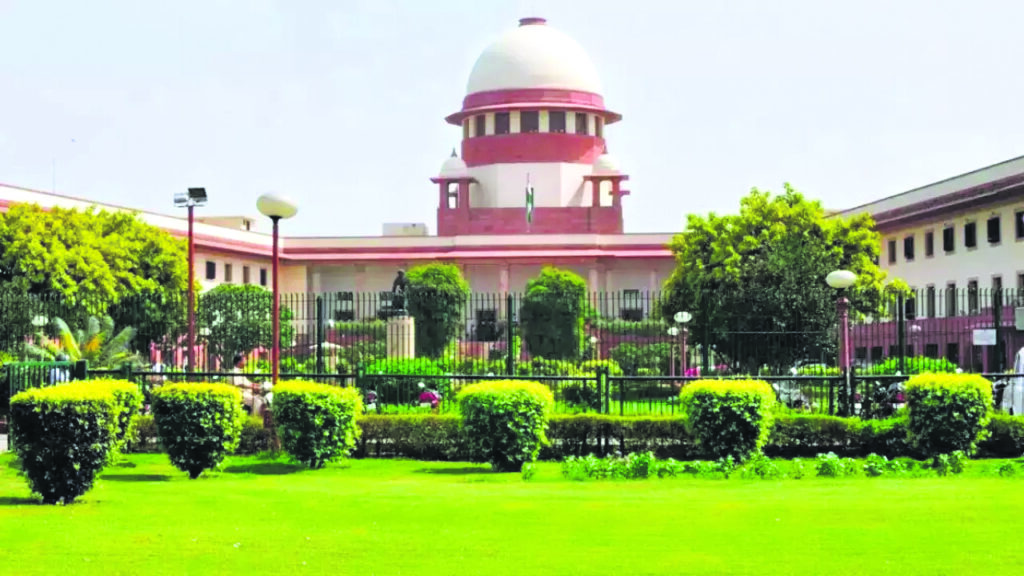Rehan Khan
On 14th July, the All India Muslim Personal Law Board (AIMPLB) passed a resolution declaring that the recent Supreme Court ruling on the maintenance of Muslim divorcee women was “against Islamic law (Shariah).” The Board also empowered its President to take all necessary steps to ensure this decision is “reversed.”
Earlier, on 10th July, the Supreme Court had determined that a Muslim woman, who was unlawfully divorced through the pronouncement of “triple talaq,” is entitled to seek maintenance from her husband under Section 125 of the CrPC. The Court emphasized that this “religion-neutral” provision applies to all married women “regardless of their personal law.”
A concurrent yet distinct judgement was issued by a division Bench consisting of Justices B.V. Nagarathna and Augustine George Masih. This judgment pertained to an appeal from a Muslim man contesting a Telangana High Court ruling. The High Court had affirmed, albeit with modifications, a Family Court’s decision that granted his wife, whom he had divorced through triple talaq, interim maintenance under Section 125 of the Criminal Procedure Code (CrPC). The apex Court observed that a remedy under the secular statutory provision of Section 125 of CrPC cannot be foreclosed for divorced Muslim women by virtue of enactment of a personal law remedy under the Muslim Women (Protection of Rights on Divorce) Act,1986 Act. A divorced Muslim woman is entitled to all the rights of maintenance available to other equally situated women in the country.
During a meeting in Delhi on Sunday, the AIMPLB working committee discussed the issue and emphasized that “the Holy Prophet had mentioned that among all possible deeds, the most abhorred in the sight of Allah is divorce. Therefore, it is desirable to preserve the marriage by using permissible measures to protect it.”
The Board’s statement added, “However, if married life becomes too difficult to sustain, divorce is prescribed as a solution for mankind.” They expressed concern that “this judgement will create further problems for women who have successfully exited their painful relationships.” The Board argued that “it does not align with human reasoning for a man to be held responsible for maintaining his ex-wives when the marriage no longer exists.”
They authorized their President, Hazrat Maulana Khalid Saifullah Rahmani, “to take all possible measures (legal, constitutional, and democratic) to ensure that the Supreme Court’s decision is overturned.“
“The Board has also decided to speak to the Central government and the opposition on this matter,” AIMPLB spokesperson Syed Qasim Rasul Ilyas told The Indian Express.
The Board’s statement suggested that the outcome of the recent Lok Sabha elections indicated a significant public discontent with agendas rooted in hatred and malice. They further criticized the government for failing to fulfil its responsibilities in providing security to marginalized Muslims and lower-class citizens in India. The Board warned that if the rule of law continues to be disregarded, the country could soon descend into anarchy.
Apart from the alimony issue, the AIMPLB adopt five more resolutions, including resolution against the implementation of UCC, with respect to the Palestine issue, and concerns regarding the Places of Worship Act, 1991.

